The Problem With Privately Owned Prisons
How private prisons profit and why we need reform

You might think that privately owned prison would be better–think again.
February 16, 2023
As you may know, the U.S. has a massive problem when it comes to our prisons. With the highest rate of incarceration of 639 per 100,000 as well as the largest number of prisoners at almost 2 million as of 2022 our prisons are overcrowded to say the least.
With such a large number of prisoners the government has turned to contacting privately owned prisons. These are prisons owned by entities outside the U.S. government such as Core Civic and GEO Group.
Unlike public prisons, these privately owned prisons are designed to make profit.
The way they make money is by charging the government a certain rate per prisoner to house them. “Based on FY 2019 data, the average annual COIF for a Federal inmate in a Federal facility in FY 2019 was $35,347 ($107.85 per day).”(Nation Archives, Federal Register) Let’s say it costs $100 to maintain a prisoner for a day; private prisons would most likely charge the government $150 for the day. This isn’t a fixed amount, as if it costs the government more than it would to house them themselves they won’t pay.

The way this gets to be a problem is with the mindset of the owners of these privately owned prisons. Instead of rehabilitation of these prisoners back into society, the main focus of these prisons is for profit.
The first result of this for profit mentality is the conditions for prisoners. Say it costs $100 to house a prisoner for a day. With the for profit mentality these prisons often try to cut these costs down while still receiving the same commission from the government. This is apparent when it comes to the cleaning as well as general hygiene of the prisons.
For example in a CoreCivic immigration detention center they have a voluntary work program where prisoners are practically forced to work. If they don’t work they’re forced to go without necessities such as soap or toilet paper. Prisoners that refuse double shifts or try to organize are threatened with solitary confinement.
These private prisons also have an incentive to keep more prisoners and for longer periods of time. While they can’t determine how many prisoners are sent to them or how long their sentences are directly, they do try to influence this as much as they can. There have been instances where politicians are lobbied in order to increase how strictly some laws are handled in order to increase the harshness of some laws.

Specifically Core Civic and GEO Group have had long ties to the republican party in Florida. “GEO Group has been particularly active in courting Republican politicians, both nationally and in its home state of Florida. For example, before his election to the Senate, Rick Scott headlined a fundraiser held at the home of GEO Group’s CEO”(Current Affairs, How Private Prisons Profit from Forced Labor).
With the current for profit model that these prisons operate by, this problem will only increase in severity. Like most businesses, private prisons will continue to do anything in their power to increase profits. They’ll do this the same way they always have. They will worsen conditions for prisoners, lobby politicians for harsher punishments, and further profit off of forced labor. Without major policy change this will unfortunately continue for the foreseeable future.


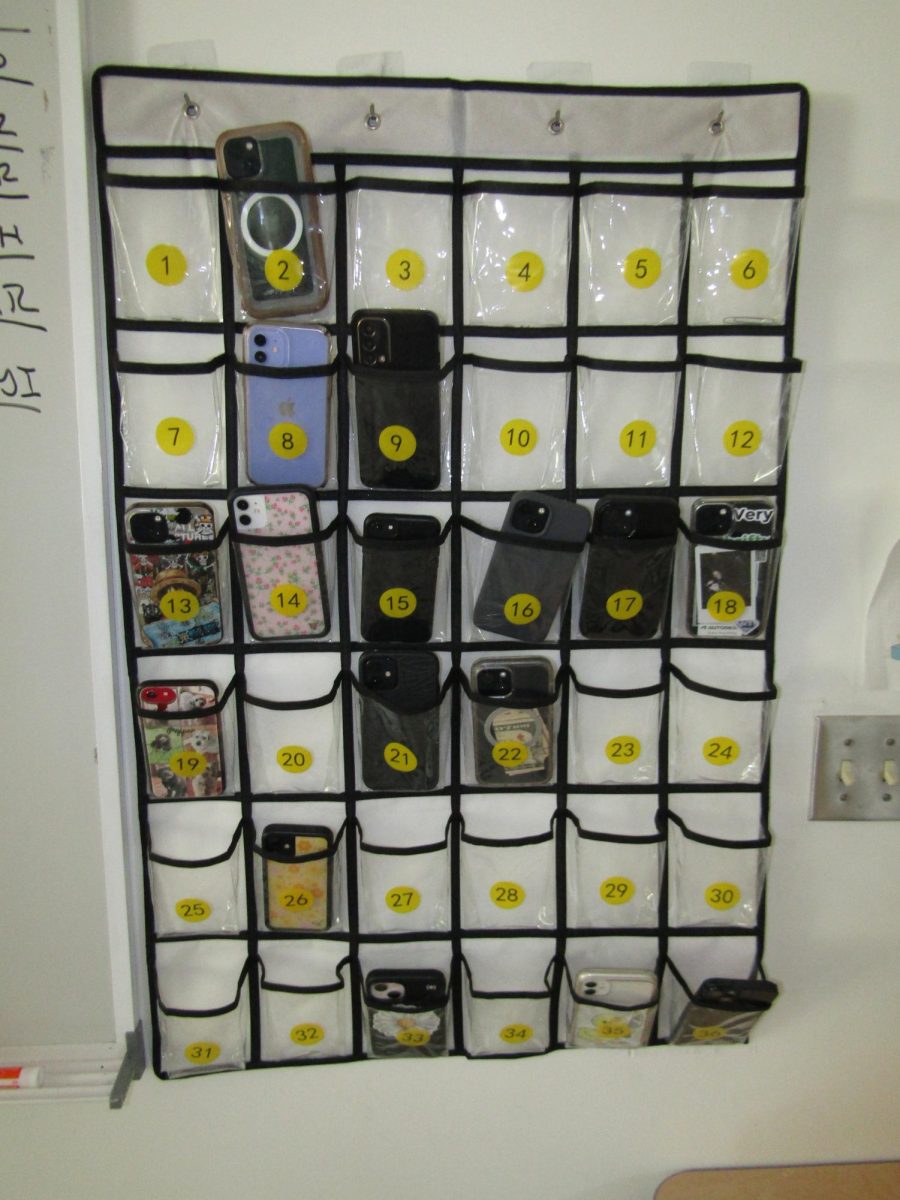

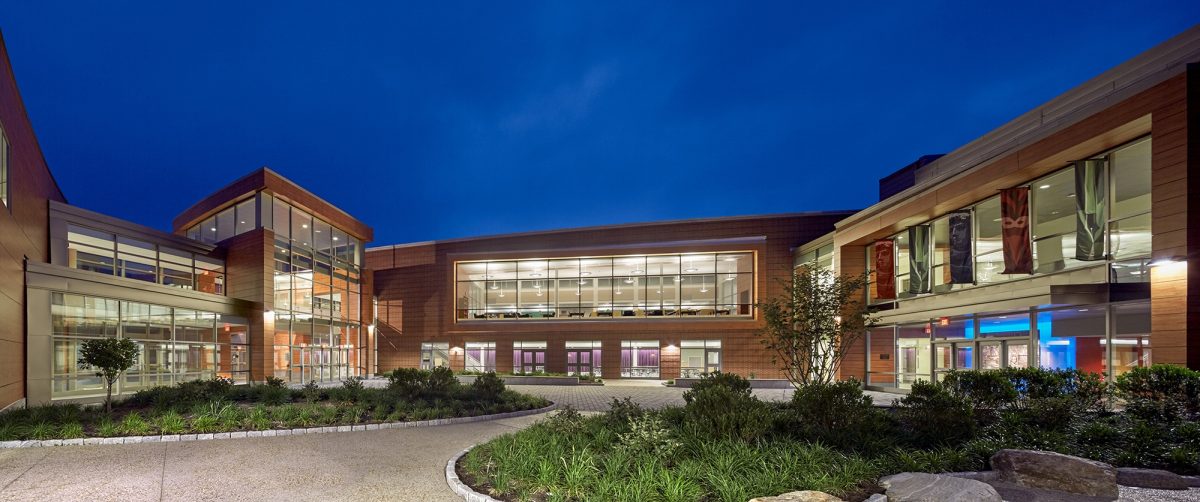



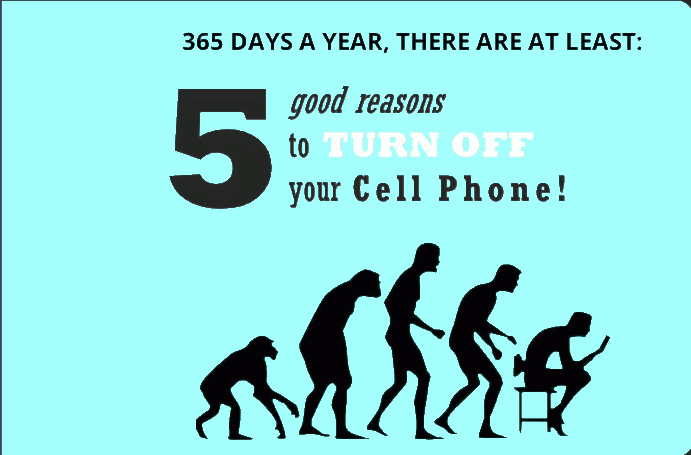




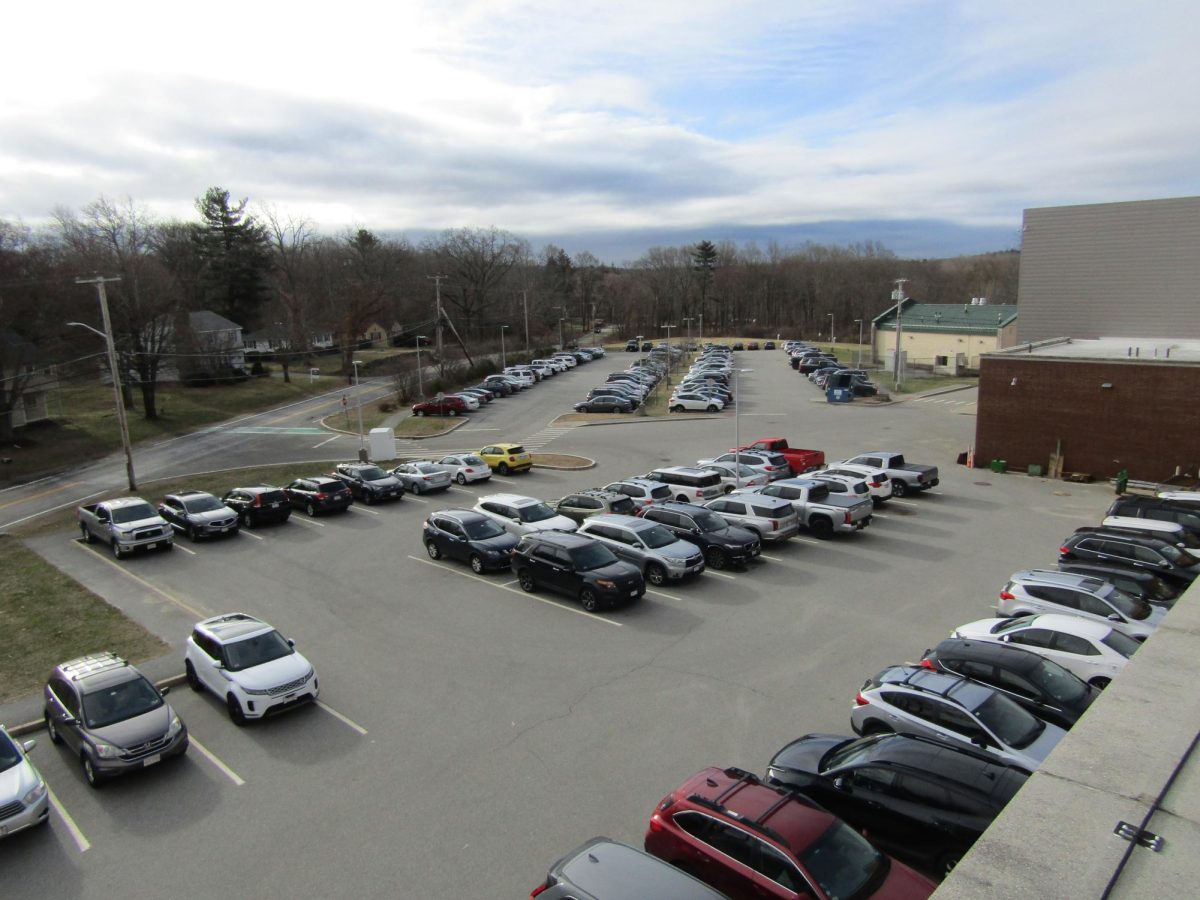









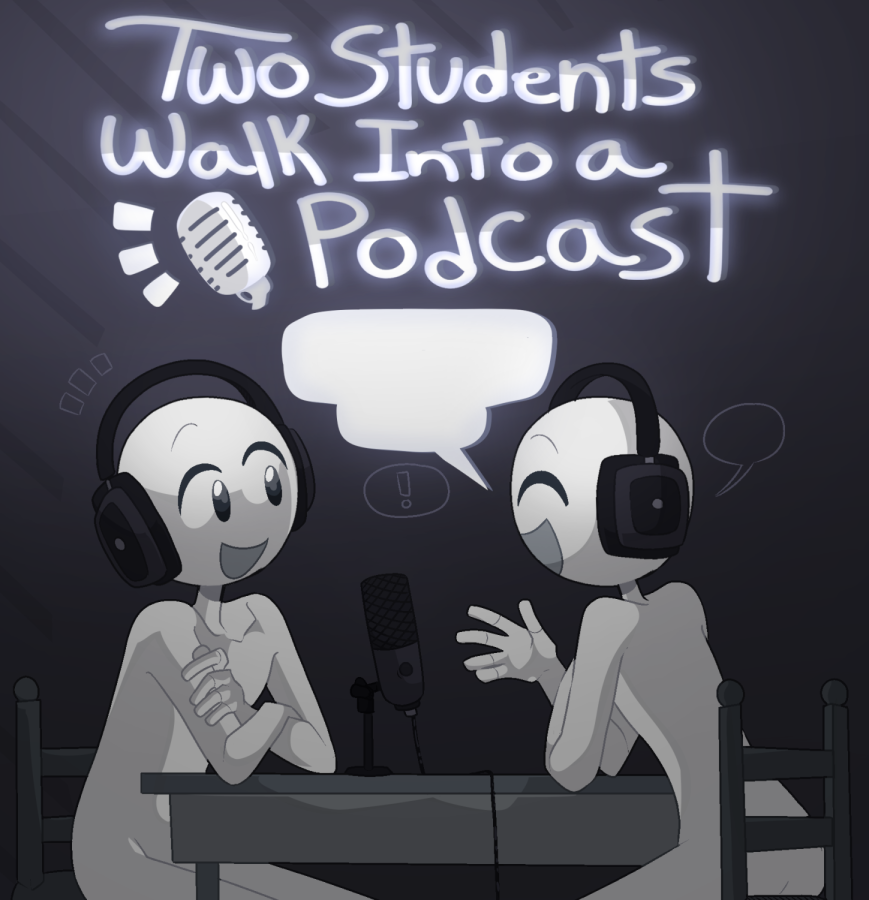









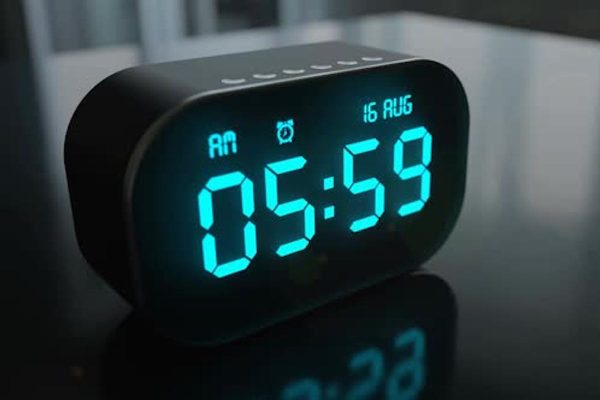
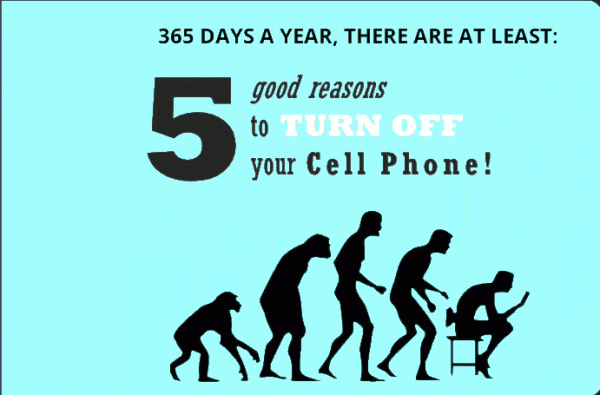
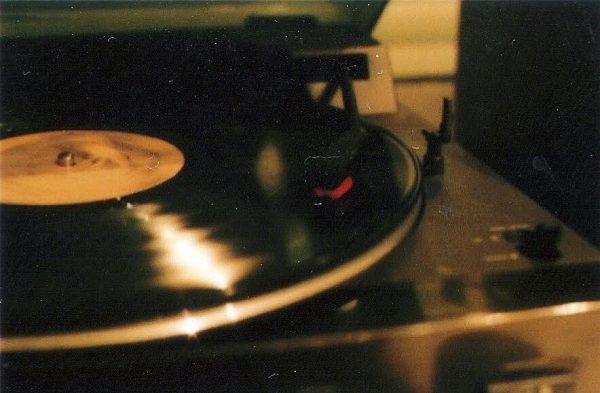
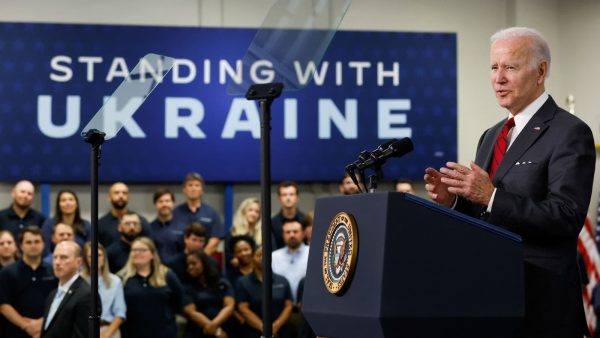




Michael Keough • Feb 18, 2023 at 12:09 pm
What we need is a convict colony… Mars perhaps?